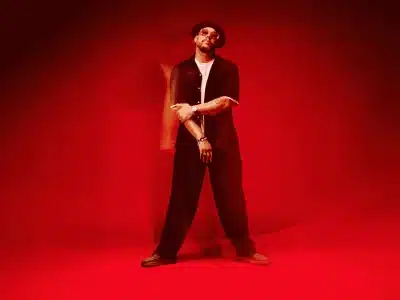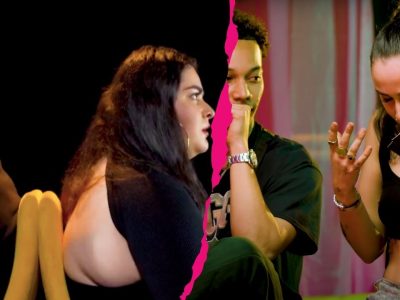Latashá is disrupting the music industry through NFTs. She’s a rapper and visual artist who minted and sold her NFT in 2021.
The NFT was a music video she had created, and ever since, she’s sold many more non-fungible tokens of her art for more than $100,000.
Latashá is also head of community at NFT marketplace Zora, where she hosts an event to educate artists interested in joining the Web3 space: Zoratopia.
Latashá says that minting and selling NFTs is just like uploading art in an art gallery. She’s aware that the entry barrier for the traditional music industry is high, and higher still if you’re Black.
The Web3 music NFT industry also has its own set of hurdles. To mint an NFT, you have to sign up to an NFT marketplace, and still have to market your music NFTs as if it weren’t on Web3.
Latashá still considers Web3 to be a good strategy for emerging artists, as the consumer sentiment towards Web3 ebbs and flows constantly.
There will be moments when the crypto market will rise, and others when it’ll fall. Crypto tends to be volatile, and it determines the price of NFTs. Even in the current downturn, there are high estimations of the crypto market rising in price again.
In the NFT market, artists have an easier time making money due to royalties and less competition. Thanks to the smart contracts that make NFTs possible, an artist can set their own rate for royalties and receive them as passive income every time they make a sale, or someone else buys their music and sells the track to someone else.
She boldly asks “would you rather pay $10,000 to a radio station, or pay $50 to $100 on-chain”, at the TechCrunch podcast, Chain Reaction.
Latashá isn’t the only Web3 musician making heaps of money through Blockchain and crypto. Grimes also made headlines for making several million through an album she minted as NFTs.
Latashá decided to educate more people at Zora, helping other artists start their NFT projects and getting them involved in minting their music as NFTs. She recommends multiple income streams for artists.
Some of her most successful works include “Culture”, which should out in minutes. Music collectors purchased the 88 editions of her free verse Joyride.
Latashá took a sabbatical from songwriting after a bad experience with a music label that was overworking her. She couldn’t even write for months after a year of being treated like a disposable rather than a musician.
Her Instagram handle is @callmelatasha and she has collections available for sale at OpenSea, the primary NFT marketplace of the crypto space.

















